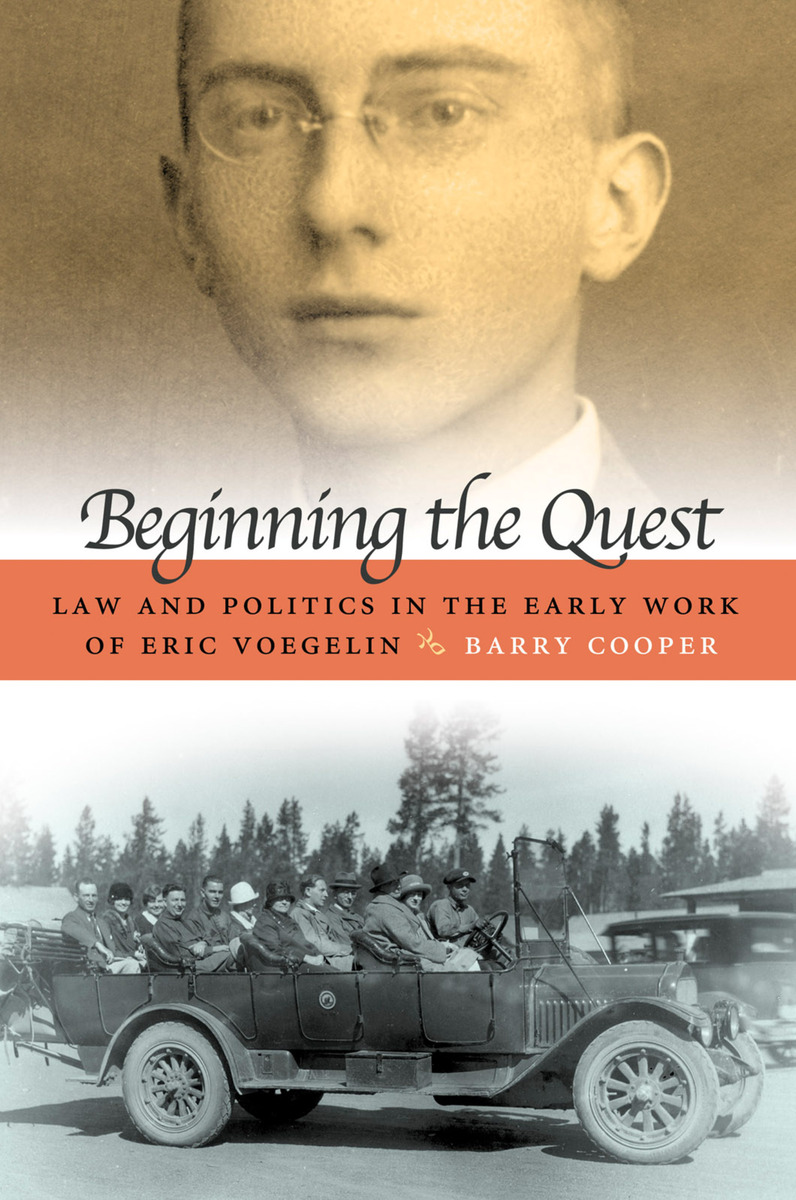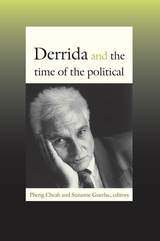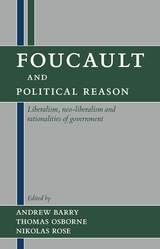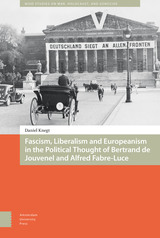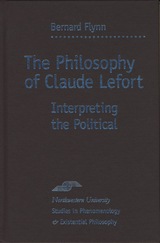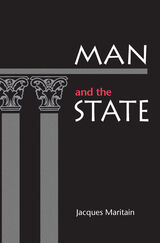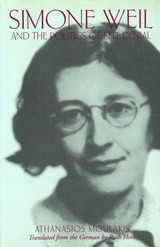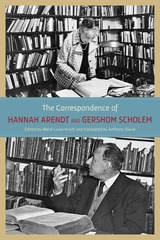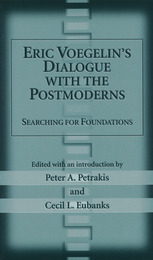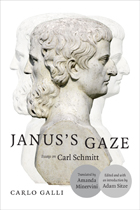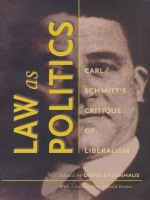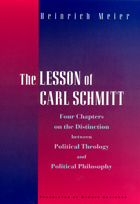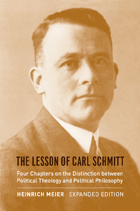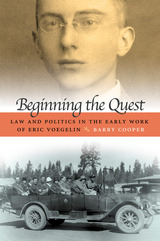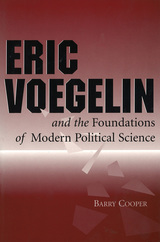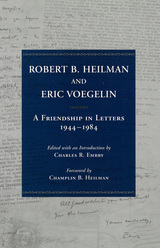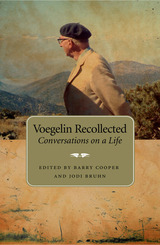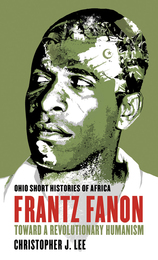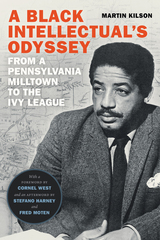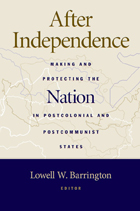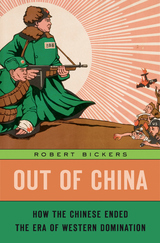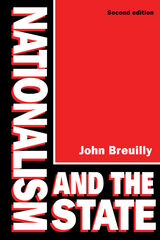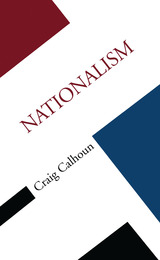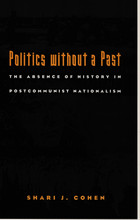Beginning the Quest: Law and Politics in the Early Work of Eric Voegelin
University of Missouri Press, 2009
Cloth: 978-0-8262-1854-4 | eISBN: 978-0-8262-7192-1
Library of Congress Classification JC263.V632C648 2009
Dewey Decimal Classification 320.092
Cloth: 978-0-8262-1854-4 | eISBN: 978-0-8262-7192-1
Library of Congress Classification JC263.V632C648 2009
Dewey Decimal Classification 320.092
ABOUT THIS BOOK | AUTHOR BIOGRAPHY
ABOUT THIS BOOK
Beginning the Quest by Barry Cooper provides an analysis of the legal and political writings of Eric Voegelin during the 1920s and 1930s. The subject matter of his analyses during this time period was quite distinct from the focus of his concerns thirty years later.
It has often been noted that Voegelin was a pupil of Hans Kelsen, the author of the postwar Austrian constitution and one of the great legal minds of the twentieth century. The significance of the fact that Voegelin began his academic life as a legal scholar has not, however, been emphasized, though his background provides a strong contrast with that of his contemporaries Leo Strauss and Hannah Arendt.
Beginning the Quest opens with Voegelin’s efforts, following the trauma of defeat in World War I, at understanding the relation of law and the study of law (Staatslehre) to what he then called “sociohistorical reality.” Much of this writing consisted of methodological analysis and criticism centered chiefly on the status of neo-Kantian philosophy as the basis for what we now call the social sciences. Voegelin wished to push the scientific understanding of sociohistorical reality beyond the scope afforded by German social science.
Cooper discusses Voegelin’s first systematic effort to bring together the principles of philosophical anthropology (including philosophy of history) with his understanding of comparative social science and a theory of law more comprehensive than Kelsen’s. In developing his argument, Voegelin discovered the centrality of what he called “political ideas.”
Cooper also deals with Voegelin’s The Authoritarian State (1936), which argues that Austria was more an administrative unit than a body politic. It was, to say the least, a startling analysis, but one that reappeared in later writings as well, especially in The New Science of Politics.
As a final point, Cooper deals with the concept of “political religions” that Voegelin developed in the 1938 book of that name. Just as the Austrians were groping toward the formation of a body politic, so too were the Germans. Instead of the authoritarian state being the form that the German “political people” attained, it was, as Voegelin showed in his race books, quite different. Voegelin developed the term political religion to describe the animating core of the National Socialist regime. The formation of this concept reveals that Voegelin had moved from a focus on the legal structure of a polity to its spiritual order—in the example of Nazi Germany, an unquestionably “Satanic” order.
Cooper concludes that just as the great crisis of Voegelin’s youth—World War I and its aftermath—led him to question the received premises of the Staatslehre tradition in which he was schooled, so did the crisis resulting in World War II lead him to develop ever-more-comprehensive accounts of the disorder and political convulsions of the day. The “quest” of the title of this study continued until Voegelin’s death.
See other books on: 1901-1985 | Beginning | Cooper, Barry | Quest | Voegelin, Eric
See other titles from University of Missouri Press
